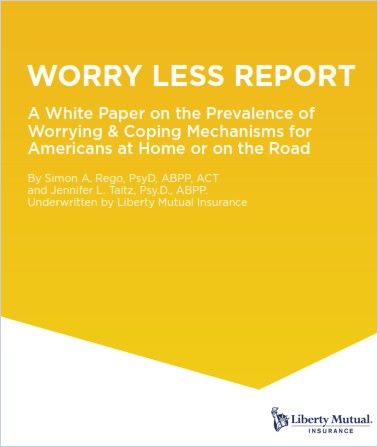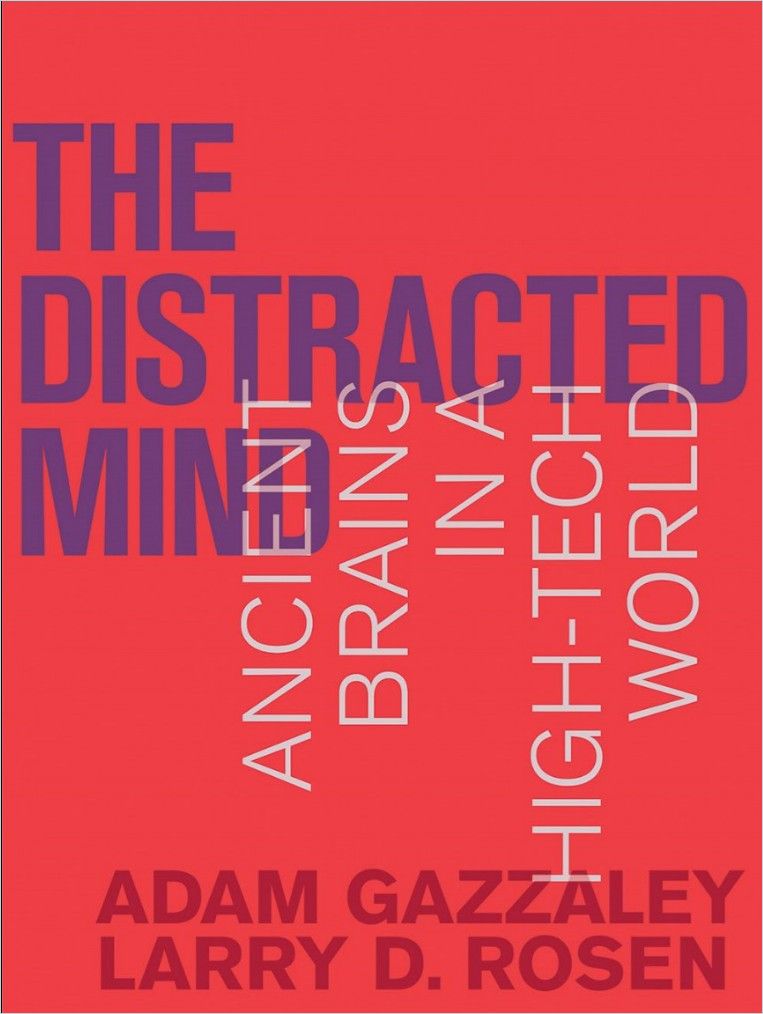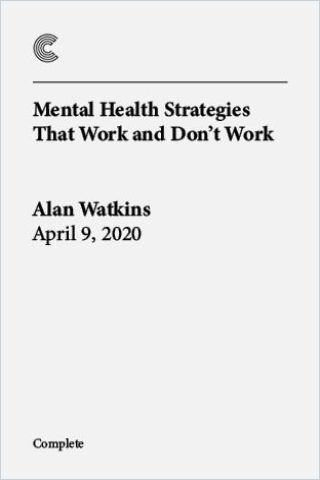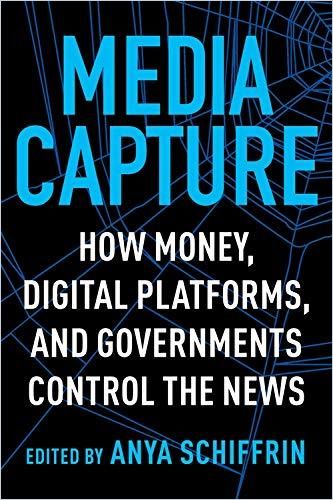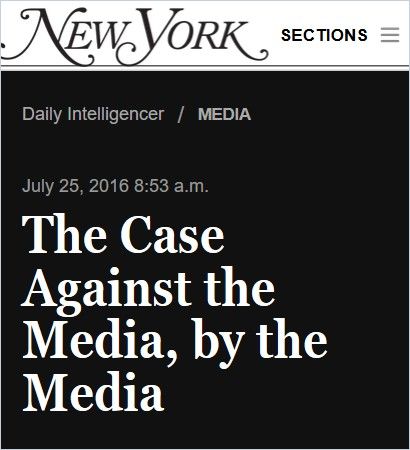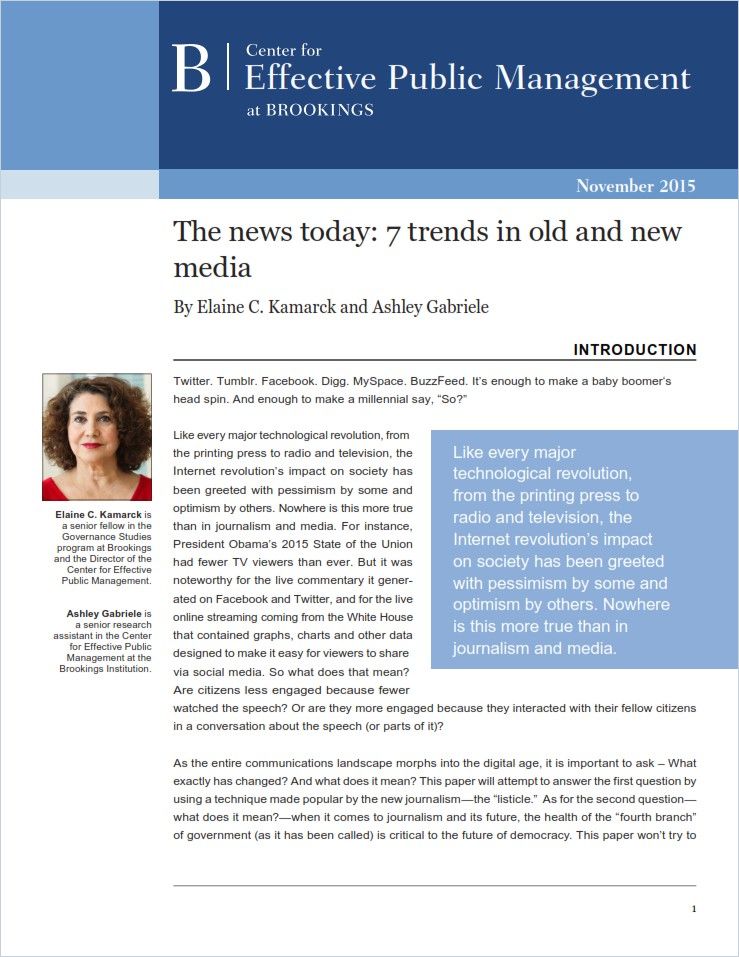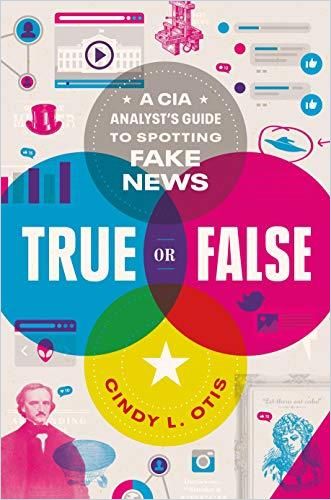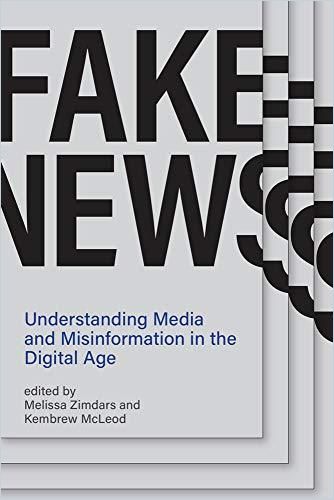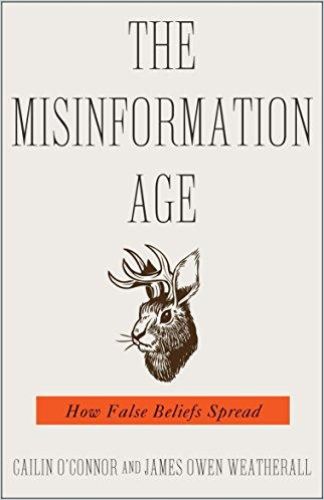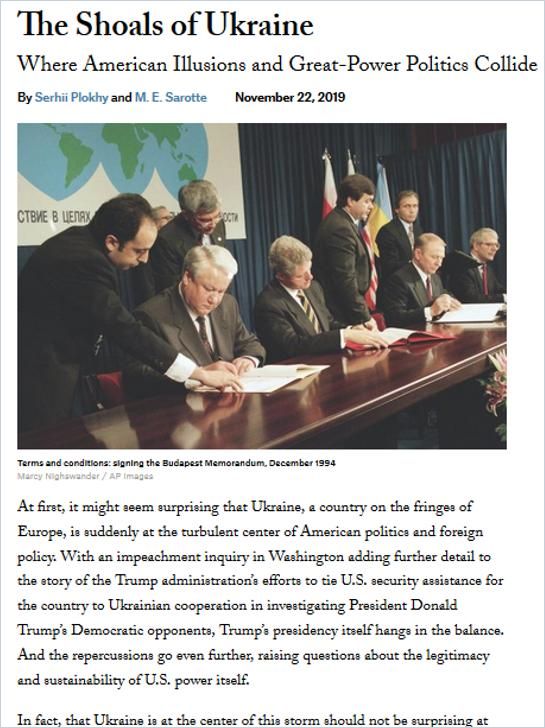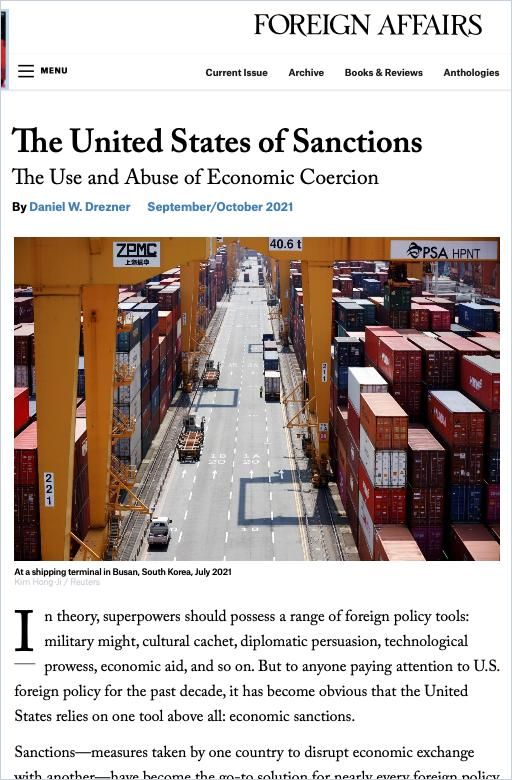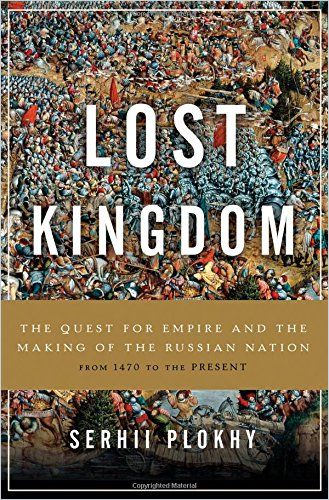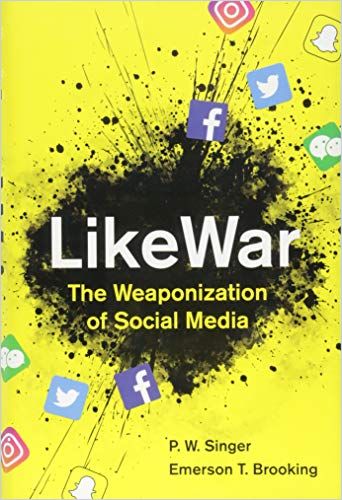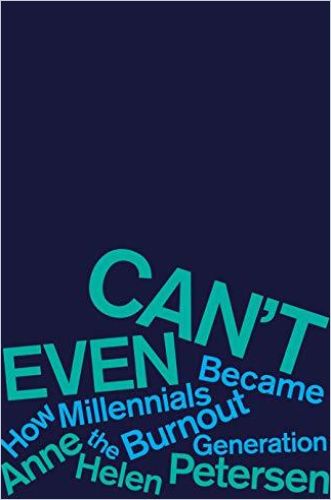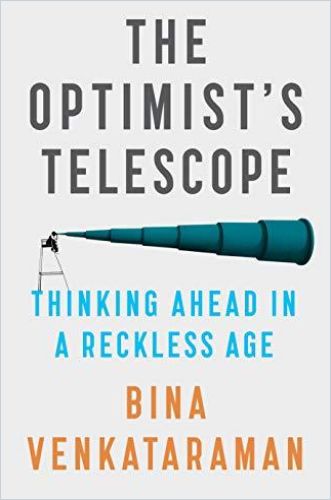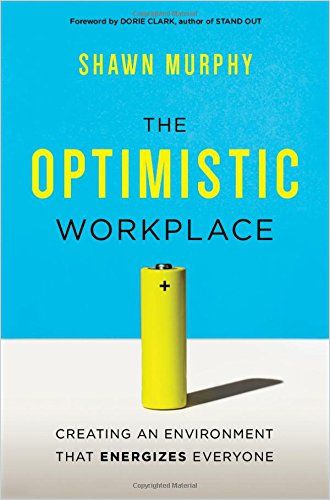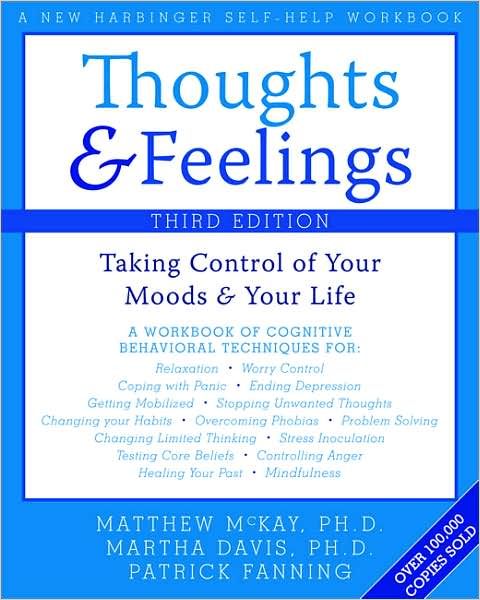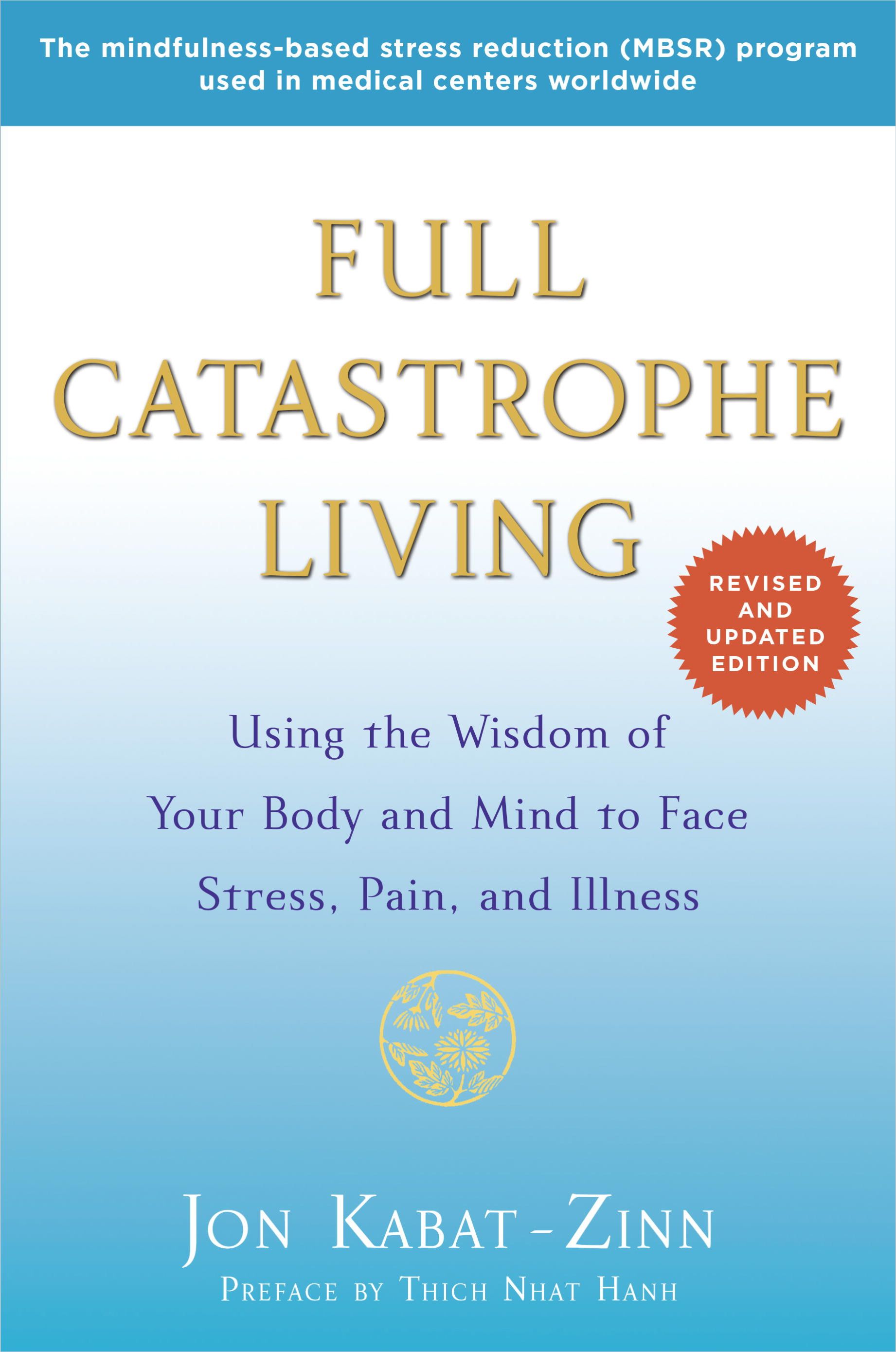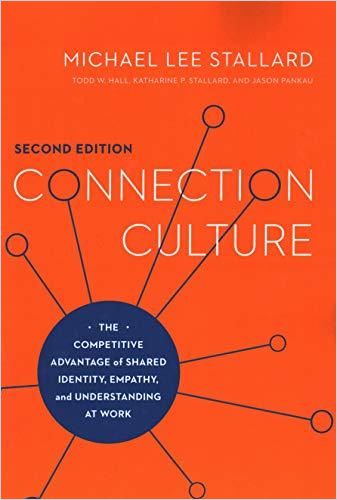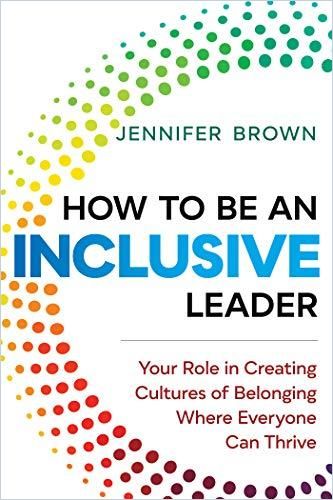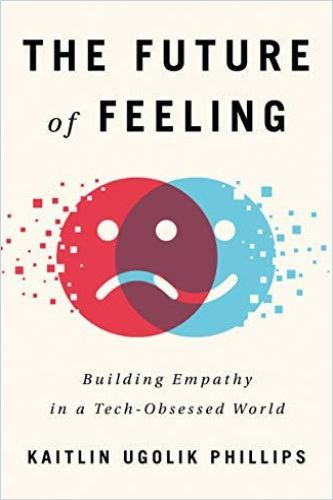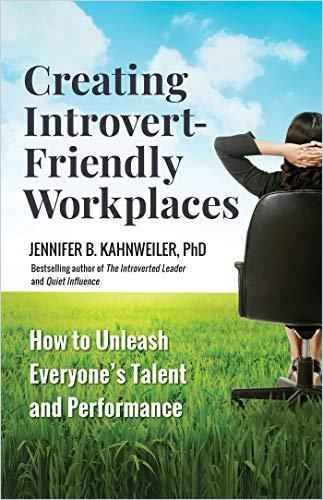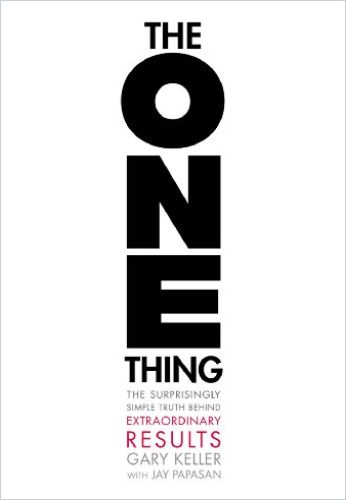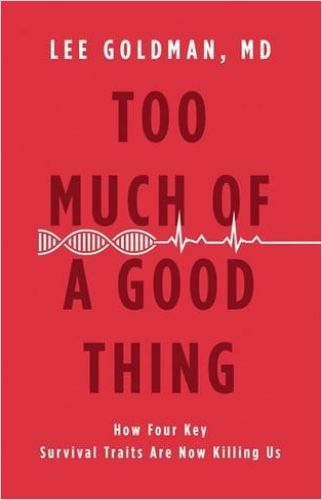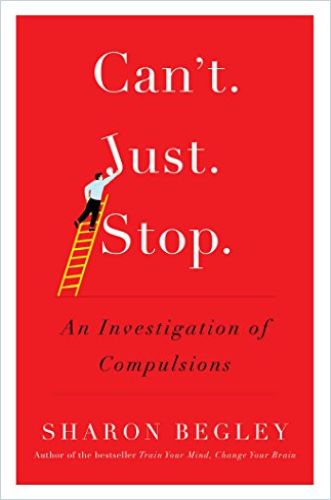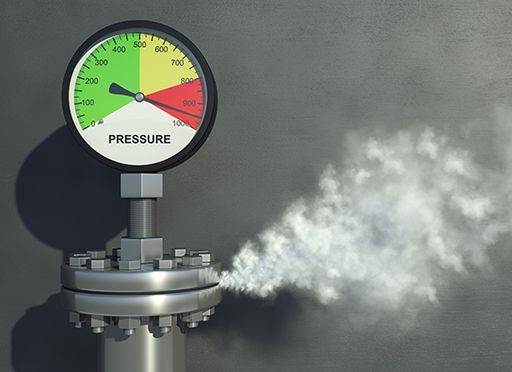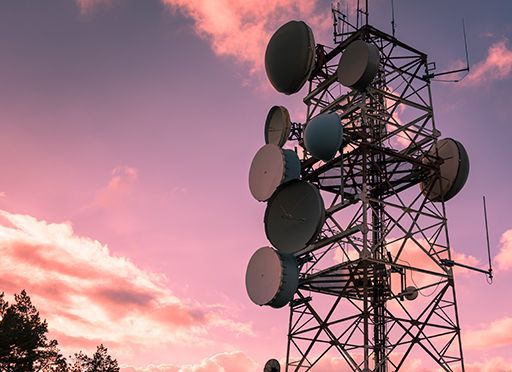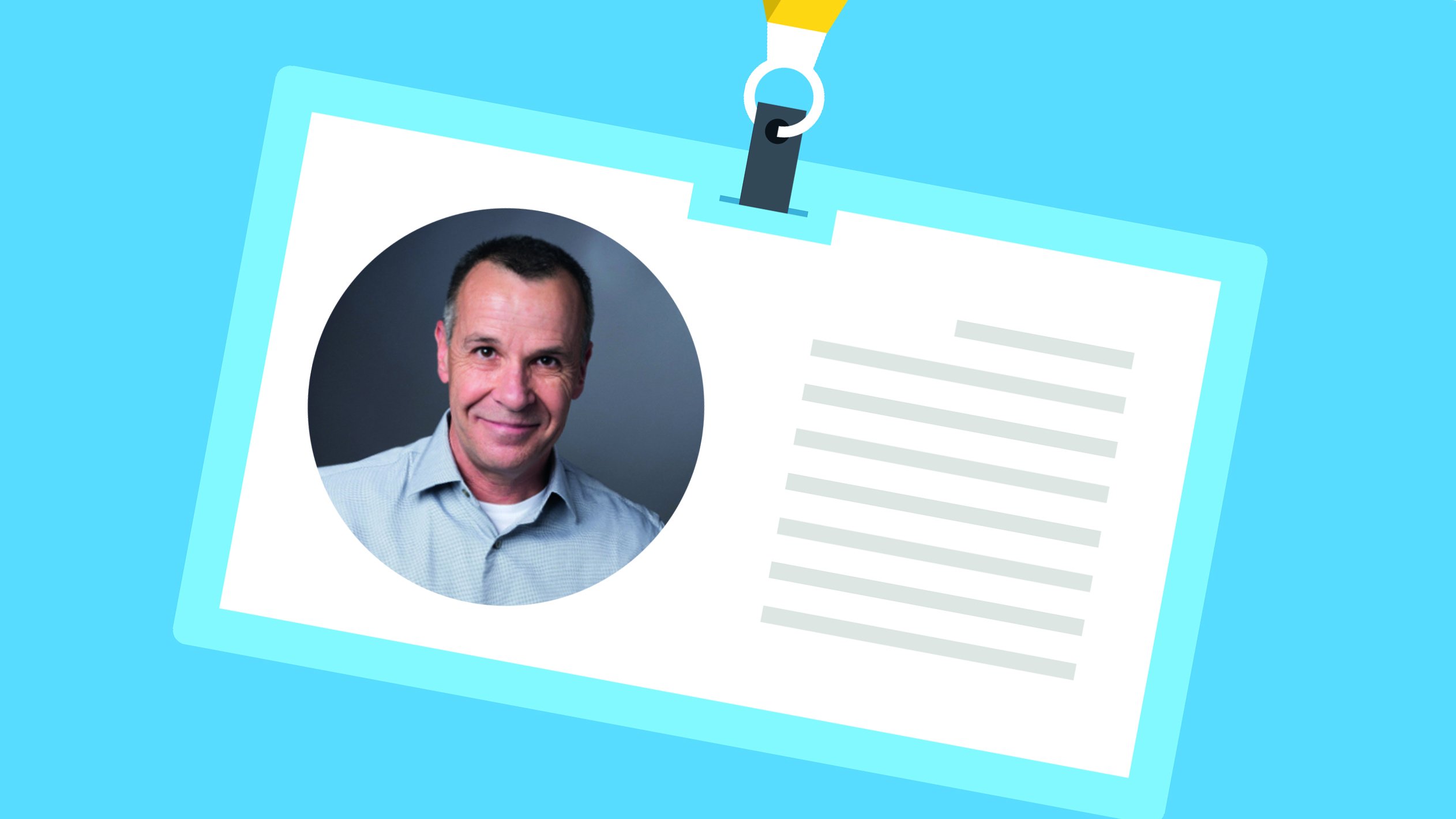Horrible News and How to Deal with It

Back in 2018, a large-scale study discovered that American adults spend about half of each day interacting with some form of external media in front of screens: social media, TV, the news – often all at once, and jumbled together. With the COVID-19 pandemic and the accompanying media barrage on case numbers, incidences, virus variants and medical and political reactions to it, the whole thing has taken on even greater significance. Now Russia’s war on Ukraine – the media’s horrible live news-tickers and the war’s unforeseeable aftermath – is scaring many people, leaving them exhausted or facing challenges explaining the madness to their children.
Unsurprisingly, the number of cases of anxiety disorders, reports of severe concentration problems at work and in private life, and the accumulation of burnout symptoms are on the rise.
I also feel this tension. My family feels it, everyone feels it – and of course, no one leaves the restlessness at home. It has an impact on everyday work. And we all have to be careful not to overload ourselves with unnecessary or even false information.
Thomas Bergen, CEO getAbstract
So, here is what you need to know about dealing with bad news at a glance:
- Whether world events scare you depends not only on them, but also on how they are communicated and how often and how concentrated you take these communications in.
- Bad news spreads faster in all media because people are programmed to take it more seriously. Media houses know this and therefore rely on strong stimuli.
- You can influence what you consume, when, how often and how deeply you want to follow a thing. Often, a decidedly more attentive and reflective media consumption provides reassurance, not more anxiety.
- Once you have analyzed and, if necessary, adjusted your consumption behavior and what you consume, reassurance and reflection strategies help you to become even more resilient to bad news – without ignoring it completely.
Follow our step-by-step guide to dealing with news, media, devices and the scary crossfire in between – and how to break the anxiety spiral that can come with it.
1. Awareness Versus Anxiety: Check Your Media
That there is a link between media overload and negative health consequences arising from anxiety and fear is indisputable. The only point of contention is where to draw the line between “healthy” and “unhealthy” media and news consumption. It is essential for knowledge workers and citizens to be well informed about what is happening beyond their own bubble. But there are also limits: Those who feel increasingly unhappy in the face of too much bad news should react quickly to avoid spirals of negativity.
Modern media lends a feeling of “omnipresent dramatization” to events both large and small – especially as news interacts with social media. When everything from celebrity gossip to major policy changes gets placed in the same heightened context, it makes it difficult to discern what is actually important to know, and, thus, to decide where to direct your attention. “Bad news is good news” was the saying in the media industry for a long time – but we have now understood that we no longer have to bow to this law. Yet, instead of blaming the media for their terrifying offers, the sad truth is: In the vast majority of cases, you are to blame for your news intake. And that’s why only you can turn this wheel around.
The quickest and easiest solution to secure more peace in the daily news clutter is a quality-driven media diet.
“I check my five preferred quality media regularly: NYT, WP, WSJ, FT, and Swiss NZZ,” says Thomas Bergen. “Not because of the news tickers, but because of the excellent commentary from the best writers and experts from Harari to Krugman – in such high concentration they are found only in the best media. On the other hand, they also offer the necessary ‘contrarians’ a stage to illuminate the whole thing from other sides.”
To apply a media diet, be radical and remember that you can undo it all if a step proves too painful:
- Well-researched information costs money. A leading medium that you prefer and does not abuse your trust should be worth $300 to $400 a year (including online access) to you as a subscriber. If we stay in the diet context, this medium should be substantial and enjoyable enough to cover about two-thirds of your calorie intake per day.
- Start your diet with avoiding media outlets that are free and almost frenetically vying for your attention (the ones that constantly check in with you). They are the ones you can bypass safely, because quality sources won’t bug you with push messages and newsletters of headlines and ads all the time.
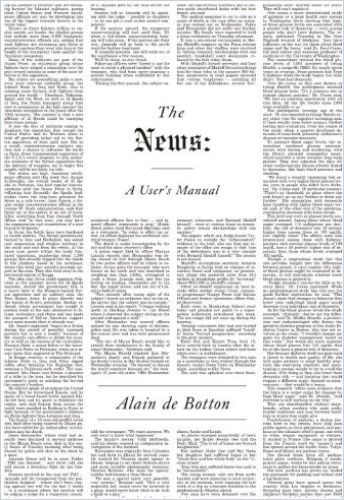
- Then, remove all media platforms from your menu that feature too many exclamation points (or more than three BREAKING! marks on average per hour) and too little diversity of opinion (pay attention to interview partners and commentary authors and their variety). Confirmation for your worldview is good, but you get that in your sleep and for free. Tip: Everything that you yourself would already classify under “tabloid” (which is rarely the whole truth about your tabloid consumption) lends itself to a news diet.
- When you consume news, do just that – for maybe 10 minutes on a topic you really want explained now – and don’t engage with anything else. Fragmented news consumption confuses, steals your attention, and only makes you nervous. Tip: Turn off the TV when you’re not just watching TV. Yes, read that right. You’ll be amazed at how quiet and relaxing it is in your own four walls when you don’t have to (half-)watch and listen to a news presenter zapping around between scenes and interviewees for an hour or two.
- Ask critical questions as you read, listen, or watch, and pay attention to whether your media are asking questions of themselves. In the wake of the Russian war on Ukraine, for example, you can recognize reputable media (such as the BBC or Germany’s Frankfurter Allgemeine Zeitung). By the way, they indicate in their live tickers whether a news item was verifiable – and if not, why – and from which side the (mis)information originally came. Further, these media outlets make a point of bringing in experts to weigh in and classify this news once again. Remember: The first casualty in war is the truth. But you still may want to find out who murdered it and who is trying to resuscitate it.
- Take different perspectives on a complex problem and look at the situation from different angles. The Russian invasion of Ukraine, for example, is primarily about the war and the suffering of the people there. But at the same time, there is certainly much more on your mind: Why is the situation there so tense? How did this aggression come about? What are the consequences – social, political, economic? Here are some answers from trusted sources:

What’s at Stake for the Global Economy as Conflict Looms in Ukraine
The New York Times Read Summary- Background helps. When you broaden your focus and gain a better understanding, i.e., context, around an event, you break away from the status of passive bystander and powerless recipient and learn. This rewards and reassures you mentally, and often even when what you have found out is anything but reassuring.
- Social media are now a dime a dozen. “Just avoid it in extraordinary and polarized times!” suggests Thomas Bergen. That’s tough, of course. In fact, some social media are more intrusive than others – but none of them are as important as you think. My Facebook account was hijacked last year, I never relaunched it. I don’t miss anything, but I sleep better. My tip is to find one social media platform that you find really useful, and be loyal to it. Everything else you can turn off – or temporarily disable to see what it does.
Then invest the time you gain in real connections with people you really know – or want to know. This releases energies that you previously knew nothing about (see point 3).
Find out more about the topic here:
2. Set Clear Rules for Media Consumption
The right sources and their mix are one thing, the frequency in staring at the news is another. You should now make sure that you also get your media consumption under control in terms of time. There are several ways to do this.
The Right Time
As noted once above, it is important to be careful not to process too much information at once. Rituals help you regulate your media consumption:
- Set clear goals for quality media consumption. Take half an hour in the morning to read the newspaper you trust. If questions remain unanswered, write them down – and check sometime later at a set time to see if other trusted sources have answers.
- Create media-free time for yourself. In the evening, before you go to sleep, read a book rather than scrolling through the media. At work, you should also focus: Constantly flashing news channels and notifications distract you. Instead, set 10-minute slots in your calendar so that you can concentrate on getting information.
- Discuss what you have read and heard with others. This creates a productive exchange that not only makes you calmer, but also more informed.
The Right Settings for Your Digital Devices
Now, it’s time to fine-tune your devices. A few tips:
- Push messages used to make sense when there were only a few apps per phone. Today, every service wants to constantly push and tell you something – making the feature obsolete. Therefore, turn off all push messages for all mobile services for one day. Yes, even for the company app and corporate emails. Then see what you missed and go through the list of “pushing” apps click by click to reactivate them if you absolutely need them. My tip: There should never be more than 10. And especially when it comes to social media, you should allow at most one – your preferred – network to bombard you with unsolicited messages.
- Set your email inbox so that you have to actively pick up your emails. You usually have the choice to pick up all of them at the same time – or to do it selectively. I go for the latter. This way you avoid constant media fire on the other channel beyond the push messages, but you still have full control. Find more tips here:
- Set your tablet or smartphone to have quiet time, completely independent of push and email notifications. In the evening, when you go to bed, your phone should be in flight mode – or DND. Google and Apple also offer automated assistants for this. Anyway: You should rather sleep more than scroll more – here you will learn why, and how to manage it.
3. Deal with Fears
You can consume the best media in the best time regime in the world and still become more and more anxious and confused. And that’s perfectly normal because people’s temperaments are very different. And different calming strategies and mind-sets work for different types.
The Optimist’s Advantage
Basically, one can say that optimists can handle bad news better than pessimists. This is because optimists are less likely to blame themselves for unfavorable circumstances and trust that things will somehow turn out all right in terms of world history – while pessimists tend to feel more affected, indeed sometimes partly responsible for things they cannot change at all. Sometimes this is to their advantage (i.e., when the optimist’s calculation was simply wrong) – but in the daily media storm, an optimistic mind-set makes terrible news more digestible.
The good news is that optimism can be learned, and here we reveal how:
Anxiety Reduction Strategies
If even the basic optimism course doesn’t help you, improved anxiety control remains. If you analyze yourself and your feelings and attitudes, you can determine which anxiety triggers are activated more easily or more severely – and then use this knowledge to counteract them in the long term. “To do so, I need to maintain my rhythm,” says Thomas Bergen.
My advice to anyone who thinks they’re losing control is: Stick to your daily structure. It gives you support. For me, that also means creating enough space for reflection: Take time to come to rest. You can meditate, pray, read a literary book. And because mental and physical health belong together: Exercise, every day! And eat healthily. That’s the basis for everything else.
Thomas Bergen, CEO getAbstract
Here are a few additional ideas to counter media-induced anxieties:
- Always remember: Events, news and their experiences do not have emotional content. That is a psychological ingredient that you supply.
- Your emotions depend on your thoughts. Gain control of your thoughts and you gain control of your emotions.
- Keep a “thought journal” to monitor – and master – your thoughts.
- Many thoughts are automatic: You believe they are valid even if they are not. Learn to challenge automatic thoughts that cause you emotional distress.
- Develop “balancing or alternative thoughts” to replace these automatic thoughts.
- To overcome worry, you must first learn to relax. Relaxing and exercising will help you find your balance. Engaging in pleasurable, meaningful activities generally can provide a boost.
- Reduce complexity in your life to ensure you always have an overview.
- Create small rituals that combine important points from sections 1, 2 and 3. For example, you can go for a run before reading the newspaper in the morning and combine the two in your routine. Once adopted, those combined rituals foster your overall resilience.
Look for Human Connections
“Staying in constant contact with people I trust is essential for me: Here, I get first-hand feedback and information from people who enrich me – socially, intellectually, and professionally. A good network is an incredible balancing tool.” says Thomas Bergen. And psychology proves him right: Very basically, it helps to talk about bad news. Anyone who has a healthy circle of friends and colleagues will look for and also find the appropriate exchange here. This exchange not only creates trust in the other person, but also in oneself.
To achieve this effect, you don’t even have to make an effort. Those who live a rather secluded life (or their leaders) but also want to benefit from it will find inputs here to change that:
Still anxious? Find further information on connecting with others here:
